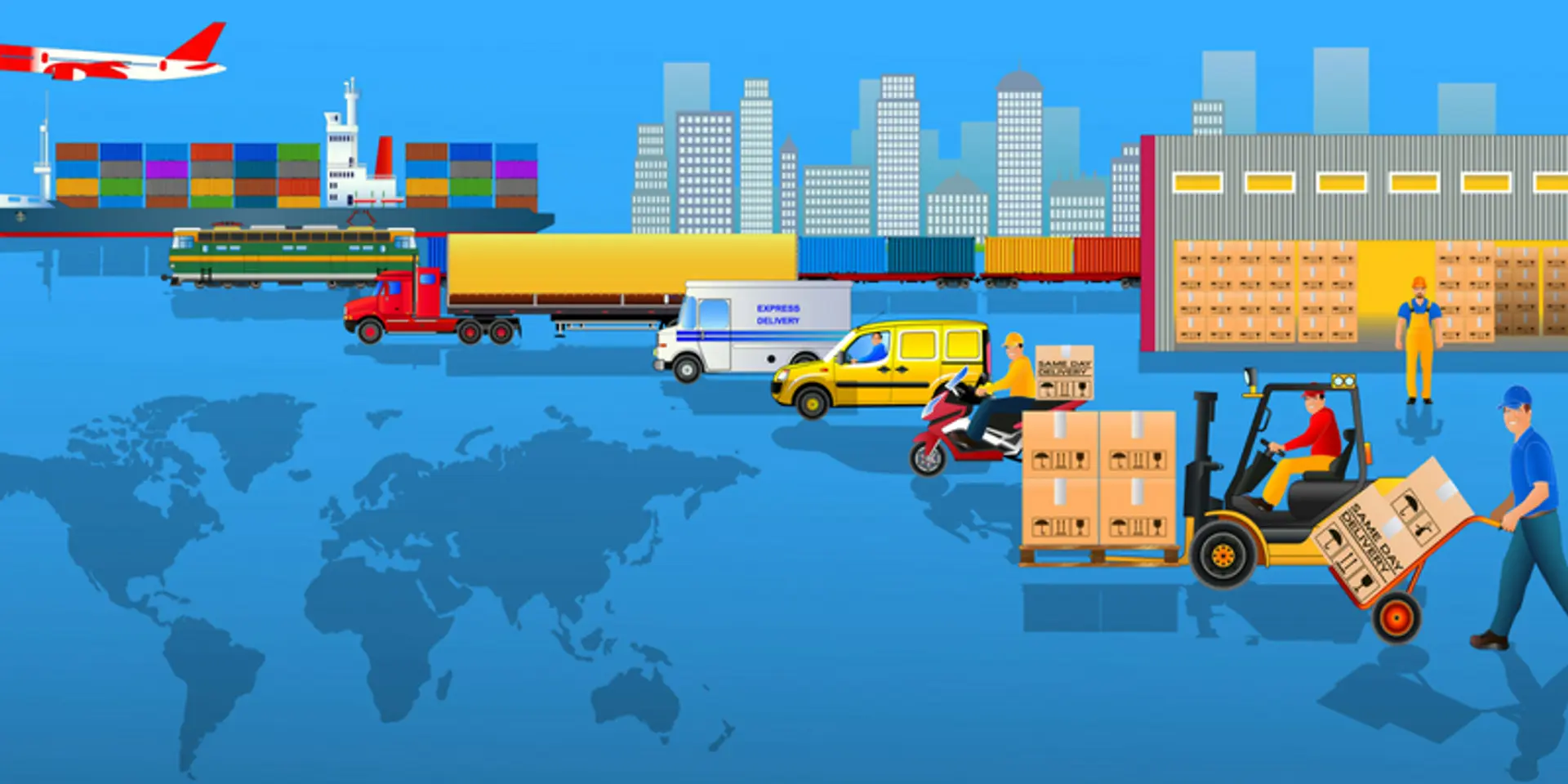E-commerce is changing skill requirements – and more – in the logistics sector
In the 1970s, retail stores received their inventory directly from wholesalers or distributors, and in the 1980s, most large stores began to centralize their store deliveries from distribution centres they controlled. In the 1990s, as global trade expanded, many retailers developed import centres where they processed imports shipped in containers. At the start of this millennium emerged internet-only retailers who established e-fulfilment distribution networks. Today in India, Logistics Service Providers, or LPS-s, have captured nearly 50 percent of the e-commerce logistics market.
An increasingly globalized world has meant that expectations in India are also rising to match global standards. The new traits necessary to manage a modern e-commerce supply chain are listed and described below.

Ability to look ahead
A manager working in a modern supply chain must be able to make an accurate prediction of the outcomes of actions performed anywhere in his/her supply chain. Furthermore, an e-commerce manager must also be able to anticipate the needs of his/her company. Thinking and planning ahead is more important for managers managing an e-commerce supply chain than ever before. The manager must be able to analyse the data pertaining to his/her supply chain to make accurate predictions.
Adaptability and willingness to learn
The e-commerce industry is changing rapidly, which necessitates that managers employed in the logistics of e-commerce keep themselves abreast of the latest techniques and technologies. This is necessary to ensure that their supply chain remains as efficient as possible. A manager must remain abreast of the latest happenings regardless of how farfetched they may seem. For instance, using drones to make deliveries may not have seemed viable for a number of reasons, yet the largest e-commerce player in the world attempted doing just this in a pilot programme in New Zealand.
Whether deliveries by drones are viable anywhere is yet to be seen; however, many researchers are striving to create lighter and very powerful batteries, hoping to strike gold as such batteries may be used to power drones.
There is no “I” in team
No one person runs an entire supply chain by themselves. To be successful in managing a modern logistics e-commerce channel, it is necessary to delegate tasks wisely. This is especially true as a modern supply chain often spans several countries and is made up of numerous individuals. Recognising each participant active in e-commerce logistics is crucial to a manager. Before e-commerce, the number of products shipped was vastly smaller than it is today. Real-time tracking means the use of smart technology that allows products to be tracked – and if required, returned – making collaboration between people crucial.
Expansion of drivers’ and delivery persons’ skill sets
With the rapid rise of e-commerce, the skill requirements of workers employed in logistics have also changed. Prior to e-commerce becoming commonplace, the skill set of drivers who were employed in logistics did not demand any real technical expertise besides the ability to operate a motor vehicle. However, as of today, the vast majority of e-commerce orders are placed online – this necessitates an expansion in the skill set of logistics workers. Some technical know-how is required of logistics workers that wasn’t required before the rise of e-commerce. Logistics workers now must have digital skills.
For instance, during the last-mile delivery, knowledge of how to use a mobile device to capture the signature of a customer or how to take a picture of an item being returned is necessary. Being familiar with GPS is also important.
Using technology for end-to-end visibility
Just five years ago, a reputed publication had stated that no organization would be able to provide end-to-end supply chain visibility in the near future. However, today technologies exist that enable an organization to successfully execute advanced strategies by clearly visualizing and manipulating its logistics chain. For managers, the ability to use information technology to leverage the information revealed by a supply chain is crucial to running a successful e-commerce logistics business. Such analysis allows teams to respond to events in real time rather than after an event has occurred, and at the heart of it all is the robust use of technology.
As trade grows between states, countries, and across continents, the expertise needed to manage supply chains may also grow more demanding. Today and in the future, every well-run logistics network will have to make optimal use of technology. Superior logistics today is a lot less about moving products in containers and planes from one region to another – it is about harnessing and maximising the efficiencies of the supply chain to ensure the entire supply chain runs smoothly, saving both cost and time.
Praveen Vashistha is the Director of Gxpress, an innovative global logistics solutions company.
(Disclaimer: The views and opinions expressed in this article are those of the author and do not necessarily reflect the views of YourStory.)







